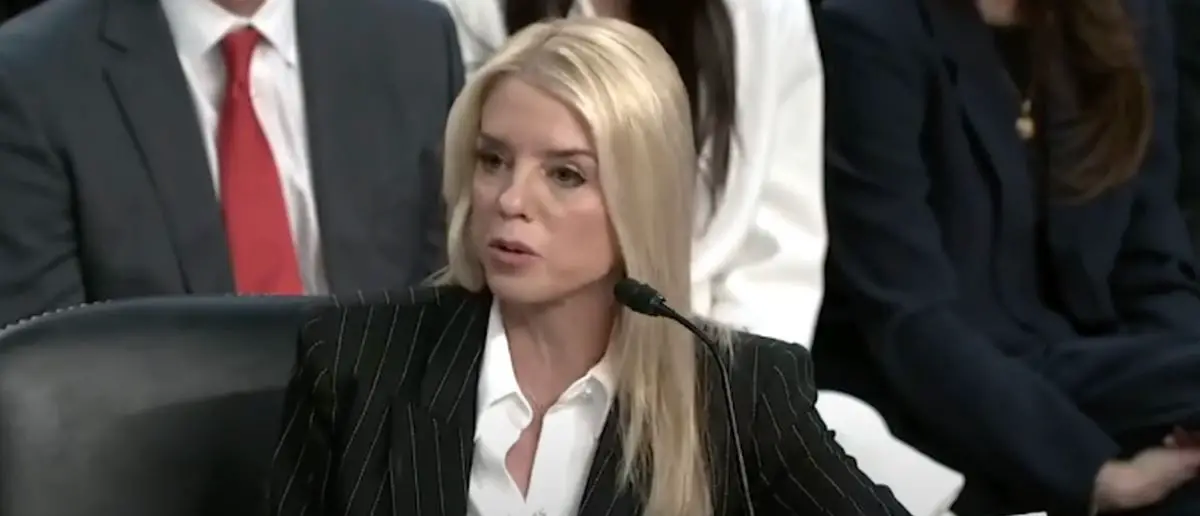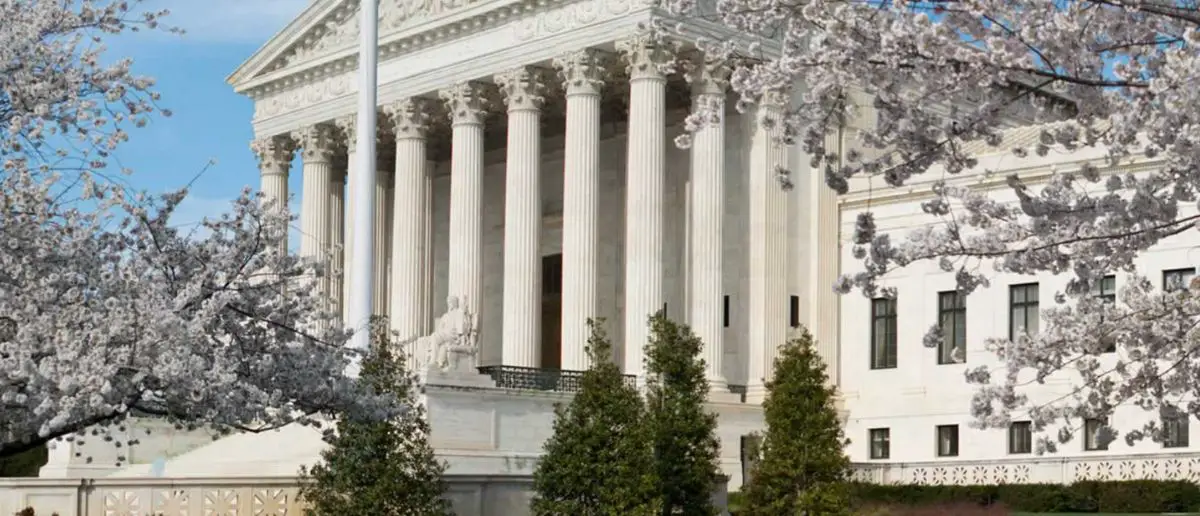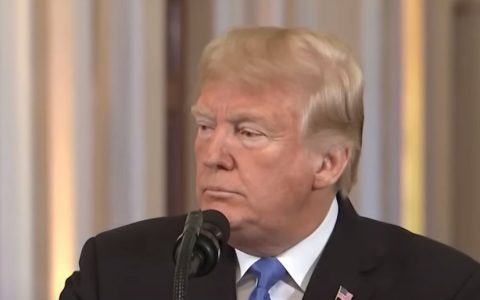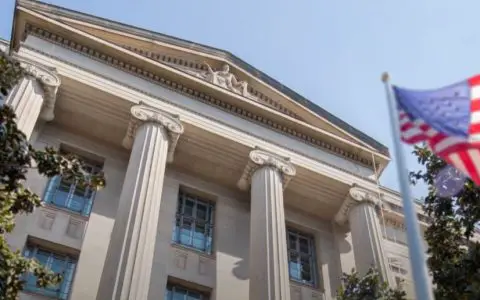
A major case reached the Court’s doorstep. The ruling is groundbreaking.
As this Supreme Court ruling has massive First Amendment consequences.
The Michigan Supreme Court has decided not to review a series of cases related to the state’s COVID-19 shutdown orders, effectively upholding previous appellate court decisions that dismissed the lawsuits. These cases involved businesses, including a gym and several restaurants, that were forced to close or operate under severe restrictions during the pandemic.
The plaintiffs argued that these shutdowns constituted a “taking” under both the U.S. and Michigan Constitutions, which would require the government to compensate them for the loss of revenue due to the emergency health orders.
Albert Addis, the attorney representing Macomb County restaurants, likened the shutdowns to the government seizing private property without compensation. He stated, “What we seem to have forgotten in Michigan is, you want to take it, you’ve got to pay us for it. You don’t get to just take it. You don’t get to take my business without compensating me. To me, it’s one of the most simple American rules of justice.”
However, the Michigan Court of Appeals had previously upheld the Court of Claims’ dismissal of the lawsuits. The courts applied a test from the 1978 federal Penn Central Transportation Co. v. New York City case.
While acknowledging the negative economic impact on businesses and the interference with their investment-backed expectations, the courts ruled that these effects were temporary. They also emphasized the state’s use of executive orders to curb the spread of COVID-19 as reasonable.
The Michigan Supreme Court’s decision signals they agree with the Court of Claims’ ruling that the Michigan State executive orders were “compelling in that the aim of the EOs [Executive Orders] was to stop the spread of COVID-19.”
In January, the Michigan Supreme Court heard arguments on whether to take up the appeal. Justices David Viviano and Richard Bernstein dissented from the decision not to hear the cases, arguing that ignoring such claims could undermine the judiciary’s credibility as a protector of liberty and ensure that the government does not seize private property without just compensation, even during crises.
Addis mentioned that he would consult with his clients about potentially appealing to the U.S. Supreme Court as the next step in the legal process.
The state Supreme Court is keeping in place lower court decisions that found the state does not owe compensation to students or businesses affected by the shutdowns.https://t.co/fEy1wQRsbj
— Michigan Public (@michigan_public) September 3, 2024
U.S. Supreme Court Set Up For A Giant First Amendment Case
Should this case make it’s way all the way to the U.S. Supreme Court after being ruled on in the Michigan State Supreme Court, it will be a case that will be highly anticipated. The result will be unimaginably groundbreaking for American society.
Millions of Americans are still concerned that the government got away with absurd abuses and infringements on constitutional rights of American citizens all over the nation. There’s questions that remain over whether the lockdowns were constitutional at all.
Just questioning that, though, was enough to be labeled a crazy conspiracy theorist and a spreader of “misinformation.” Those who were willing to go along with every whim of government officials during the pandemic panic were also calling anyone questioning these strict orders as sowers of discord and enemies of the public’s health.
The U.S. Supreme Court, with its strong 6-3 conservative majority, will likely view this issue a little differently than the Michigan State Supreme Court does with its own 4-3 Democrat majority.
In a majority of the recent First Amendment related cases, the current U.S. Supreme Court Justices have ruled with a conservative jurisprudence that supports a stricter interpretation of the First Amendment which has bolstered the rights guaranteed by that amendment.
In 2023 in the 303 Creative LLC v. Elenis case, the U.S. Supreme Court ruled that no government may force a creative designer to create designs that the artist may find objectionable. In the NRA v. Vullo case from earlier this year, the High Court Justices agreed that no government may abuse their power to threaten anyone to promote certain speech or suppress certain speech, even through the use of private institutions.
It would be extremely interesting to see how it’s ruled on if a major 2020 pandemic panic-era case reaches the U.S. Supreme Court’s steps.
Stay tuned to the DC Daily Journal.





